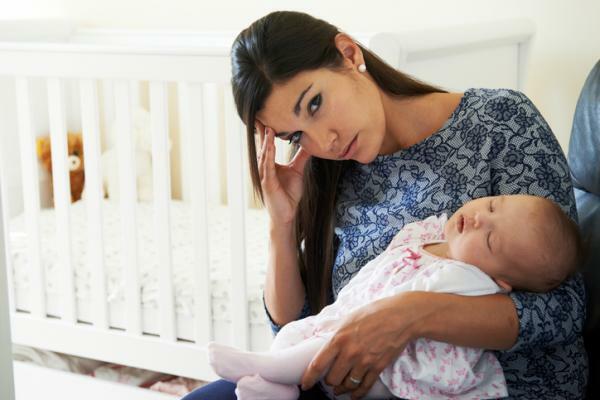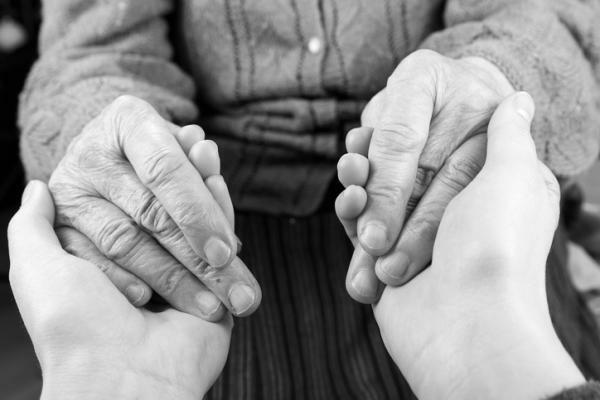
After having a baby, women experience a period full of very different emotions from happiness to fear or sadness. If feelings of sadness become more and more severe and begin to interfere with the person's daily activity, she may be experiencing postpartum depression. Symptoms usually appear weeks after delivery, even months.
A specialist can evaluate the symptoms, make the diagnosis and advise you on the most appropriate treatment for your case: antidepressants, psychotherapy, a combination of both, etc. In addition to this treatment, there are some things that can be done on a day-to-day basis to overcome postpartum depression. In this Psychology-Online article, we tell you how to overcome postpartum depression.
The symptoms of postpartum depression They can include mood swings, attachment problems with the baby, and trouble thinking or making decisions. Some tips that can help you overcome postpartum depression include:
Reserve some time for yourself
You may feel trapped in your new daily routine after becoming a mother, overwhelmed by work, home, or new responsibilities related to your baby. Instead of dealing with these stresses alone, seek help. It can be very useful to organize the time to allocate time for yourself, even if it is only once a week while you leave your baby with a trusted family member or acquaintance. During your free time, do any activity that is satisfactory and helps you disconnect.
Get physical when you can
Studies have shown that physical exercise can have a antidepressant effect for women with postpartum depression. For example, walking with your baby could be an easy way to be physically active and outdoors. Walking is suggested in one study as a statistically significant way to alleviate depression. If you can't get through a full workout, try exercising, even for just 10 minutes. You can also try to do exercises to meditate and relax at home.
Take time to rest
They often tell you "sleep while the baby sleeps." This tip may bother you after a while. One study showed that women who slept less experienced more depressive symptoms. At first, it is likely that the baby will not sleep through the night, interfering with your hours and quality of sleep. You can try napping or going to bed early.
Maintain a healthy diet
Eating a healthy diet alone does not eliminate postpartum depression. Still, getting into the habit of eating nutritious foods can help you feel better and give your body the nutrients it really needs. Try to plan your meals each week on the weekend.
Fight isolation
A study indicates that talking to other people about your feelings can help change your mood. This study showed that new mothers had lower levels of depression after speaking with experienced mothers who had previously experienced postpartum depression. Make an effort to go out or at least talk to people close to you.

In addition to these tips that can help you overcome postpartum depression, you may need professional treatment. The treatments used for postpartum depression are:
- Individual therapy: A therapist can help you make the necessary adjustment to the changes in your life related to motherhood. If despite following the advice you are not able to improve your mood or do not have a support network, going to a psychologist will help you.
- Antidepressants: For those cases in which postpartum depression disables the person to carry out the activities of daily living, antidepressants may be an option. Medication must be regulated by a physician and is most effective when administered in conjunction with psychotherapy.
- Hormone therapy: in some cases treatment with estrogens it can help. It is usually used in combination with antidepressants. It must be taken into account that it presents some risks, so the safest form of treatment for each case must first be examined.

Although many women experience the so-called baby blues in the first weeks after delivery, depression It is no less frequent and it is a feeling of sadness and agitation deeper and more lasting than “baby blues” which would be more mild.
Yes depressive symptoms they get worse or do not improve over the weeks becoming chronic it can be a postpartum depression. It is important that in these cases you go to the specialist as soon as possible because if the consequences are not treated they are more disabling. The data shows that only 15% of women seek treatment for their symptoms, despite its importance.
This article is merely informative, in Psychology-Online we do not have the power to make a diagnosis or recommend a treatment. We invite you to go to a psychologist to treat your particular case.


